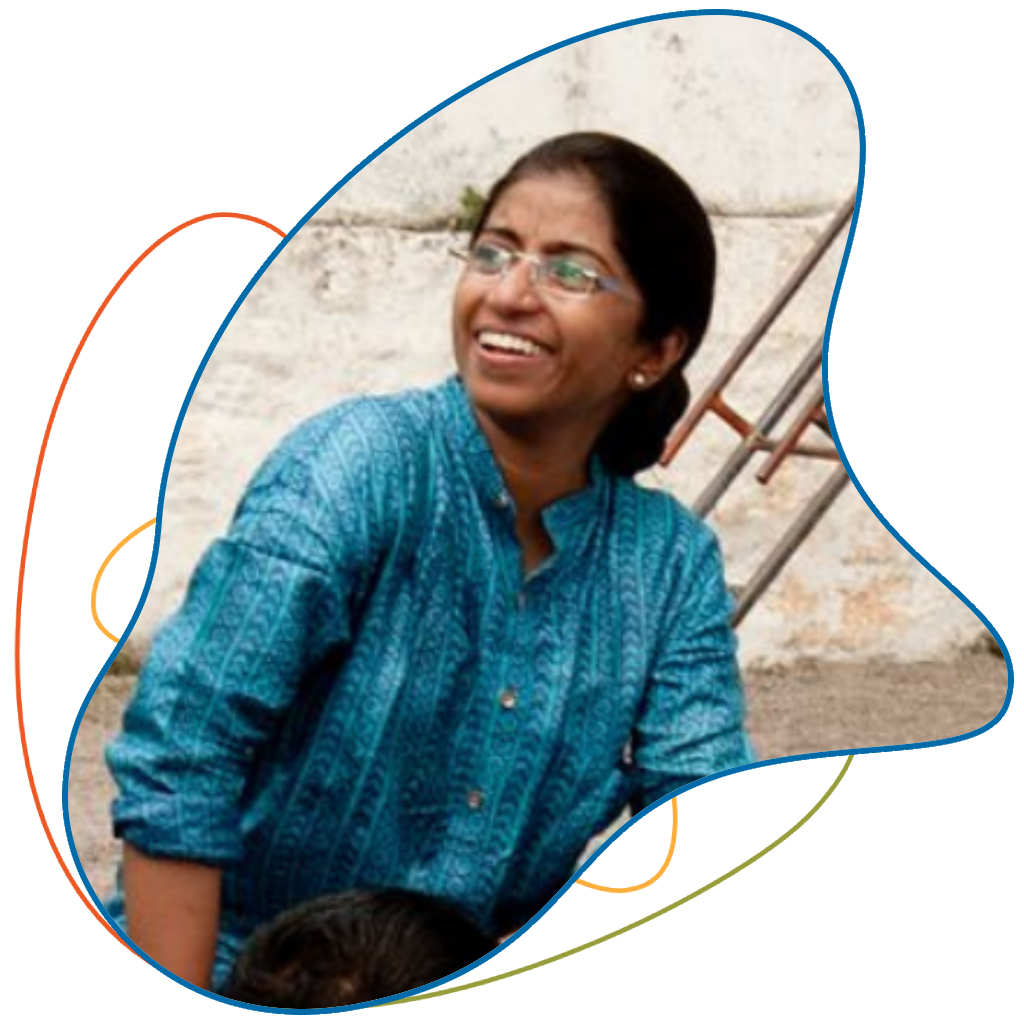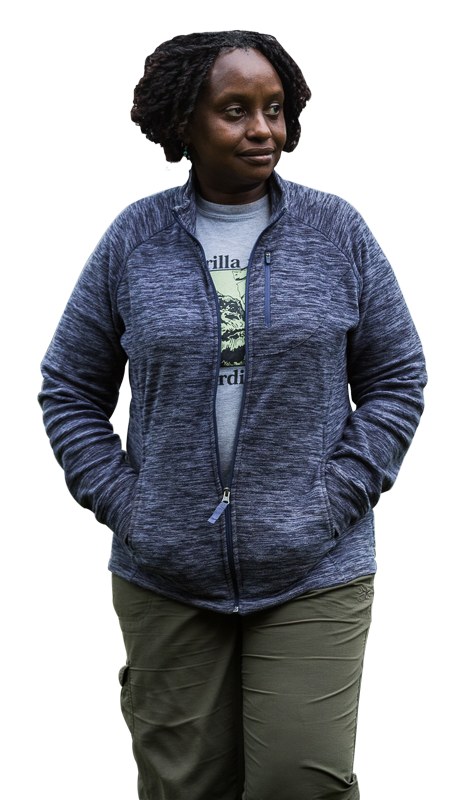
Sunitha Krishnan
Profile
Sunitha Krishnan is the co-founder of Prajwala, an anti-trafficking NGO based in Hyderabad, India. “Pra,” and “Jwala,” together mean, “eternal flame.” Krishnan has been instrumental in evolving one of the most holistic rehabilitation programs for victims of sex trafficking. In total, about half of the staff of Prajwala are survivors of sex trafficking.
At the age of 15, Krishnan was gang raped and beaten so badly, she became deaf in one ear. Her ordeal lent her insight into social ostracization and stigmatization and shaped how she viewed victims of sex crimes. To date, through Prajwala’s education programs, more than 8,400 children of women in prostitution have been prevented from being inducted into the sex trade, and more than 16,000 women and children have been rescued and rehabilitated from sexual slavery. In her efforts to bring in larger social transformation, she has pioneered various groundbreaking campaigns like #ShameTheRapistCampaign. Krishnan has also been at the forefront in bringing in policy changes and legal reforms for the welfare of victims of sex trafficking and sex crimes. Learn more

